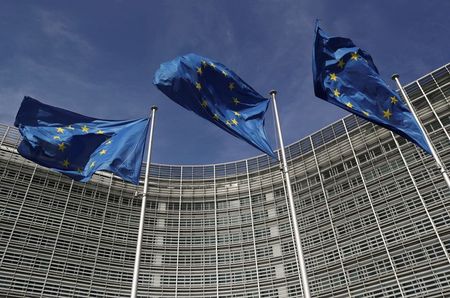EU sets up CO2 removal scheme to help drive financial incentives for corporates

European Union policymakers announced that it will create a system to certify carbon removals next year, driving forward a regulated EU market to trade and provide a financial incentive to store CO2.
Direct air capture and other technologies suck in air and use chemical reactions to extract carbon dioxide that can then be placed in long-term storage, while trees, soil and wetlands provide natural ways to remove CO2 from the atmosphere.
As part of its plan to have net zero emissions of all greenhouse gases by 2050, the EU wants to scale up removals to offset emissions from sectors like agriculture and heavy industry, which are not expected to be able to cut to zero, according to reports from Reuters.
The European Commission said it will draw up a system of certifying carbon removals in 2022, by measuring CO2 removals from technologies and individual land holdings in the EU, and factoring in how long the CO2 would be stored.
This will allow farmers and landowners to earn EU-recognised credits for removing CO2, and to sell the credits to polluters that need to balance their emissions; that is something that Microsoft have already flagged that they would be interested in doing.
Some campaigners said adding removals to the EU carbon market in the 2030s risked undermining the impetus to focus on cutting outright emissions as much as possible.
“Are we going to get to 85 per cent, 95 per cent (emissions) reductions by 2030? Undoubtably not, because that’s not even on the political table,” Wijnand Stoefs, policy officer at Carbon Market Watch, told Reuters.
Crucially, removals can already be sold into voluntary markets for carbon offset credits, which lack standardised rules and have raised concerns over the environmental claims of some credits.
The announcement also comes as new data today revealed that Sony would have to spend upwards of £800m to offset the 1.9 million tonnes of carbon emission generated by their gaming consoles over the last year.
The study by Green Gaming revealed that Sony is the most polluting gaming provider – on average releasing a massive 1.6 billion kg of CO2 each year, resulting from just the PlayStation 3, 4, and 5.
This means that giants like Sony may, like Microsoft, be interested in the EU’s new move.